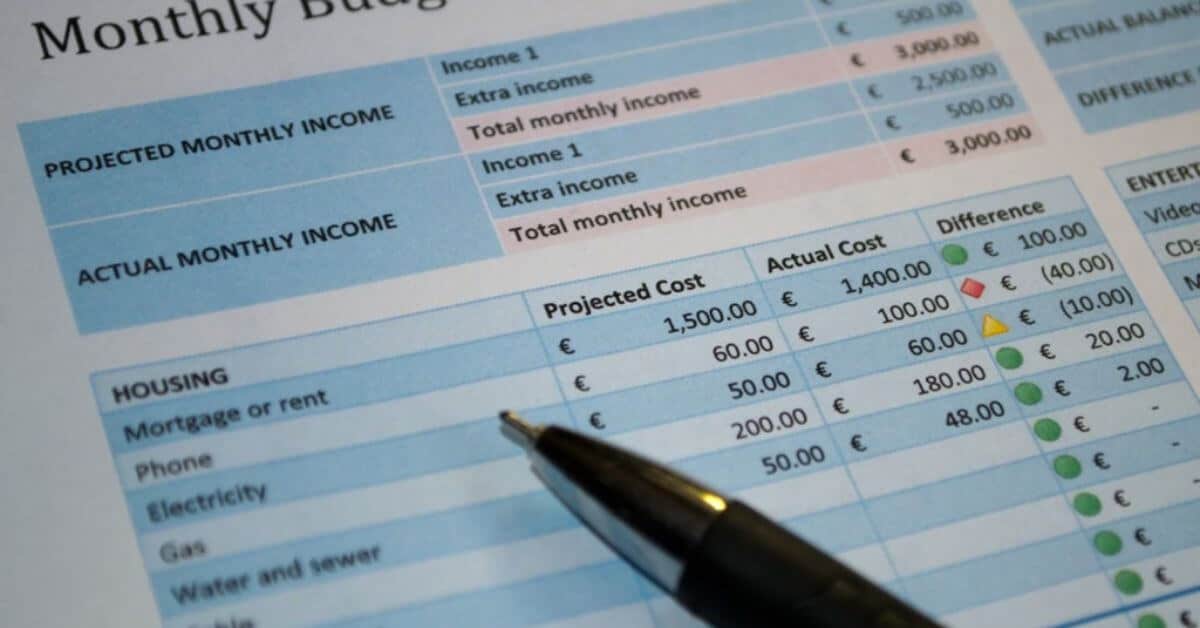Accounting can be confusing at times, especially when you’re trying to find an accountant who specializes in your industry. While there are generic accountants who know how to prepare basic reports and can tell you things like what is tally there are many others. Most accountants have a set of core competencies and specialty areas they focus on. Here’s an overview of the different types of accountants we’ve come across over the years:
Investment accountant
As the name suggests an investment account is typically works with an asset management company or an investment firm. These accountants apply their accounting knowledge to find how different assets and investments will affect the taxes of clients. They will therefore analyse the investment opportunities of the company. As an investment accountant you will also be responsible for ensuring compliance based on government regulations. This role is extremely important for the large scale financial strategy of a company. Investing accounting is a sort of specialization in the world of accounting. Hence to become an investment accountant in addition to your basic accounting studies you also need to study economics, financial accounting, corporate accounting, finance management an auditing.
Management accountant
These accountants are essentially the experts at studying the financial health of a company and how to improve it. While studying the financial standing of the company, they are involved in every financial work of the company. Hence, their role requires them to be involved in risk management, preparing profitability index and most importantly budgeting. The management accountant is in a way the principal accountant of a company. Therefore they interact with all the stakeholders and key executives to address their concerns and also to give them updates on the company. Since the management accountant also has to deal with other forms of accountants they need to have a holistic knowledge about all aspects of accounting.
Forensic accountant
A forensic accountant is an accountant who specializes in investigating financial fraud and other cases of financial crime. Forensic accountants may be hired by lawyers, law enforcement agencies, or companies to evaluate the financial records of a suspect or subject of a criminal investigation. Forensic accountants do not have any legal training, rather, they use specialized software and techniques that allow them to analyze data in order to detect patterns that could suggest wrongdoing.
Forensic accounting is used by investigators, attorneys and the general public alike. It may be used as part of an investigation into crimes such as fraud, embezzlement or theft. A forensic accountant will often gather evidence from electronic records (e-mail trails), bank statements and other sources to determine whether there was foul play involved in the case at hand. Forensic accountants are those who specialize in an area of accounting, such as audit or fraud.
Forensic accountants are often employed by law enforcement agencies to investigate financial crimes such as embezzlement, bribery and money laundering. Forensic accountants can also be hired by independent auditors to help determine whether a company is operating within the boundaries of central and state laws through their review of financial statements.
Project accountants
The scope of work under the purview of a project accountant’s work is limited to specific projects. As opposed to investment accountants or regular accountants they are not concerned with the entire company’s accounting data. They are generally allocated to different projects either for short term or long term. While they are accountants by profession when working for a project they will work for any financial aspect of project that is targeted towards making the project a success. This includes everything from the creating invoices, approving reimbursements to preparing a tally ledger under group list and sharing it with the accountants of other projects or the accountant of the entire company. As a project accountant you also need to learn about things like human resources, corporate accounting and managerial accounting. However, most importantly you need to work on your interpersonal communication skills. That’s because you will routinely interact with people who don’t necessarily come from a finance background.
